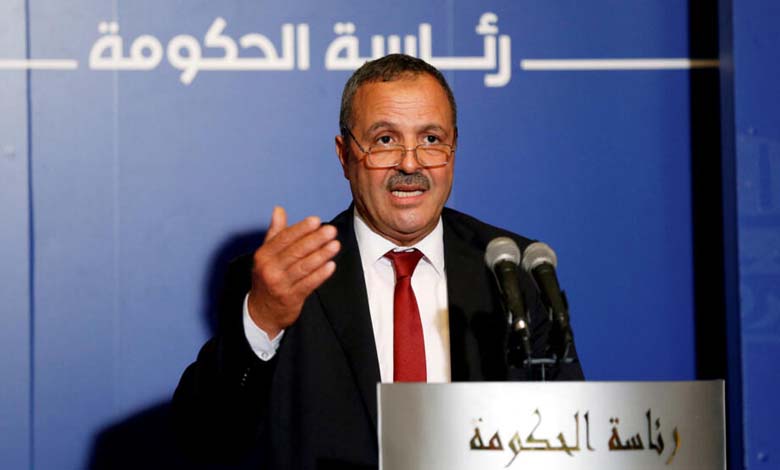Tunisia: Mekki’s Return to the Presidential Race Revives Muslim Brotherhood Hopes Despite Their Diminished Popularity

The administrative court has reinstated Muslim Brotherhood candidate Abdellatif Mekki in the presidential race scheduled for October, a move that dispels claims and accusations of bias in the Tunisian judiciary, but threatens to reignite long-standing backstage disputes.
-
Tunisia asks Interpol to arrest and hand over son of Rached Ghannouchi
-
Tunisia: Rached Ghannouchi was brought back to court as a suspect
Mekki, head of the “Labor and Achievement Party,” joins the accepted candidates for the presidential election, including the current president Kais Saied, “Azmoun” movement leader Ayachi Zmail, and “People” movement leader Zouheir Magzaoui.
Observers, according to “Al-Arab,” downplay Mekki’s chances of seriously competing in the elections, pointing out that Ennahdha has lost its luster, and many Tunisians have turned away from it after its exit from power. Additionally, many of its supporters are dissatisfied with its performance, and they have not forgotten Mekki’s departure from the movement at the height of its crisis, which limits his chances even if he advances to the second round.
-
Who is Noureddine Bhiri, the mastermind of the Muslim Brotherhood in Tunisia, accused in the travel case after being sentenced?
-
Tunisian parliament leader Rached Ghannouchi summoned for questioning
Mekki was a prominent leader in Ennahdha and served as Minister of Health in a government supported by the movement, but he left Ennahdha to form another party. Nevertheless, he is expected to receive unofficial support from Ennahdha, which has not put forward any candidate.
Since 2019, Mekki has represented the anti-Rached Ghannouchi faction within the Muslim Brotherhood, and tensions have risen to the point of complete rupture with his brother-in-law Rafiq Abdessalem, who calls for a boycott of the presidential elections. Therefore, Mekki’s candidacy could, deepen the conflicts and divisions among the Muslim Brotherhood, with the expatriate wing seeing Mekki as a threat to Ghannouchi’s position within his movement.
-
Muslim Brotherhood Practices: Spread of Fake Accounts in Tunisia to Influence Elections
-
Tunisia’s Muslim Brotherhood and the Elections: Presidential Messages Expose Efforts to Gain Foreign Support
This perspective is based on the belief that Mekki’s candidacy will capture and attract hesitant Brotherhood supporters, who have experienced a kind of political abandonment after their leader (Ghannouchi) was imprisoned due to charges against him, including terrorism allegations.
On August 18, the spokesperson for the administrative court, Faïçal Boukra, stated that the appellate chambers handling the appeals in the presidential election candidacy disputes had rejected the appeal in Mekki’s case.
-
In the Presidential Elections… Tunisia Crushes the Hopes of the Muslim Brotherhood
-
3 Years Since the Overthrow of the Muslim Brotherhood’s Rule: Tunisia Steadily Marches Towards the Future
Mekki had contested the rejection of his candidacy by the Independent High Authority for Elections, after revealing “falsifications of popular endorsements.”
According to Tunisian electoral law, each candidate must collect at least 10,000 endorsements from voters from at least 10 electoral districts, or 10 endorsements from parliamentary deputies or the same amount from the Regional and Governorates Council (the second chamber of parliament), or the same amount from local, regional, or municipal councils.












